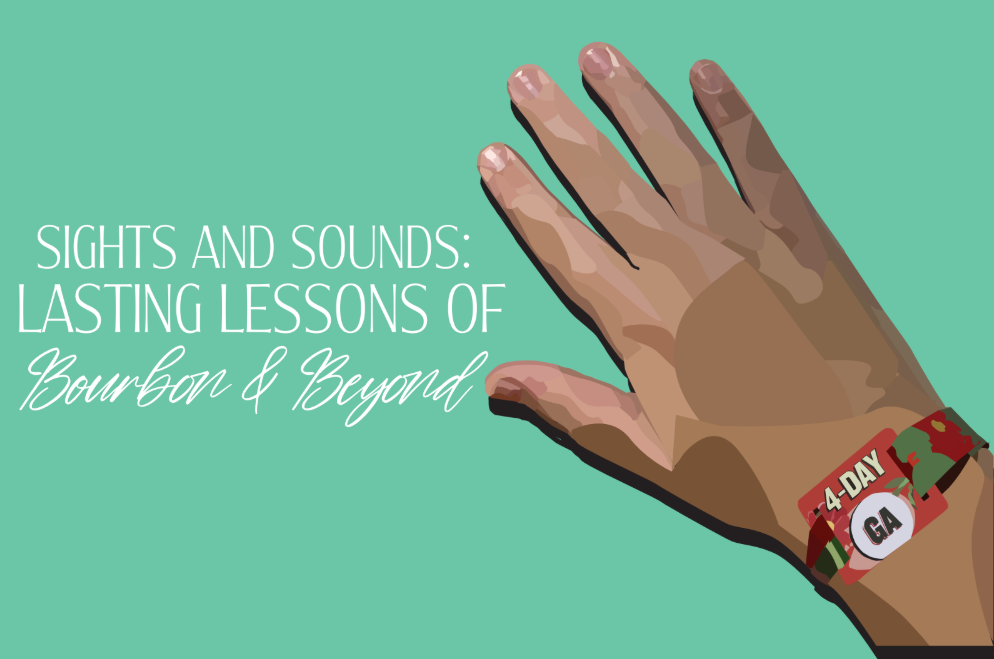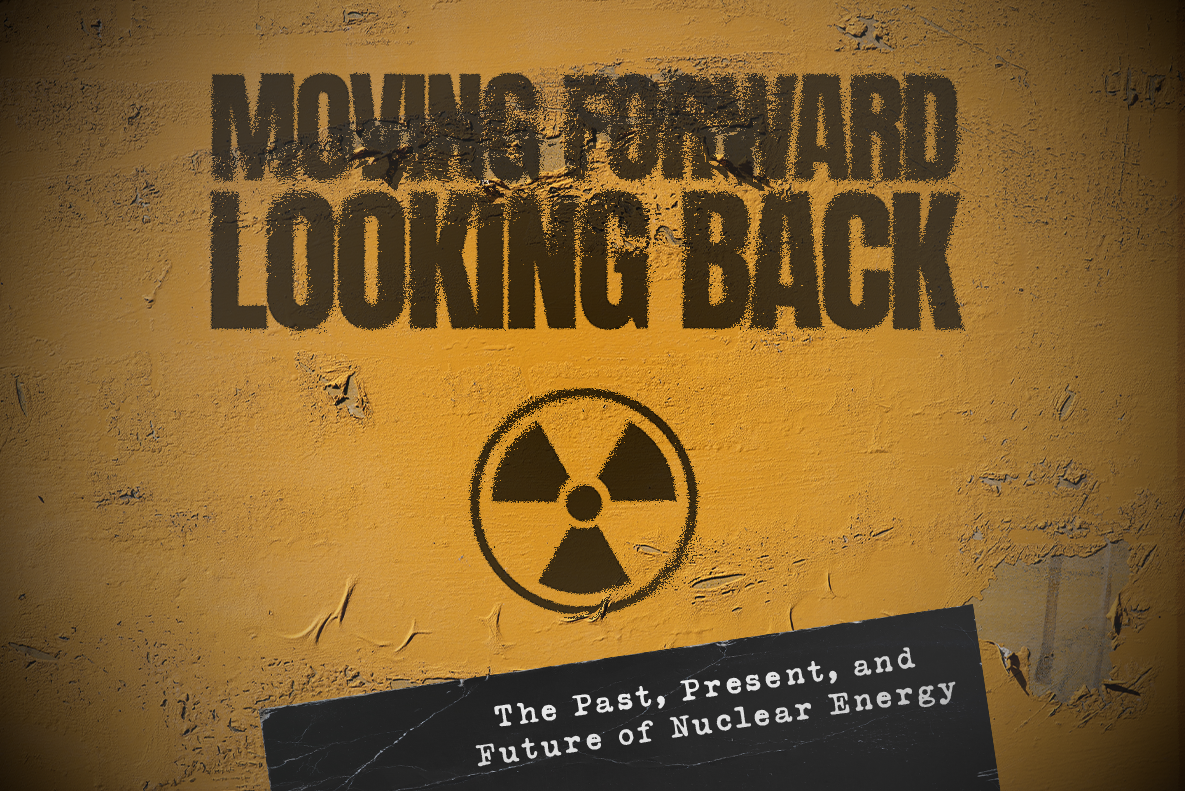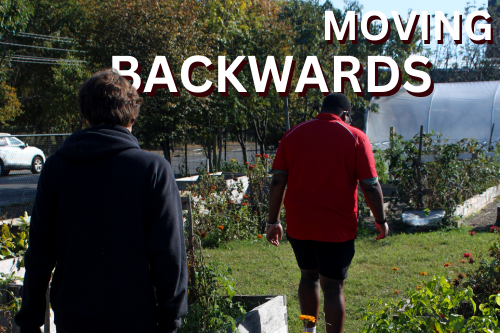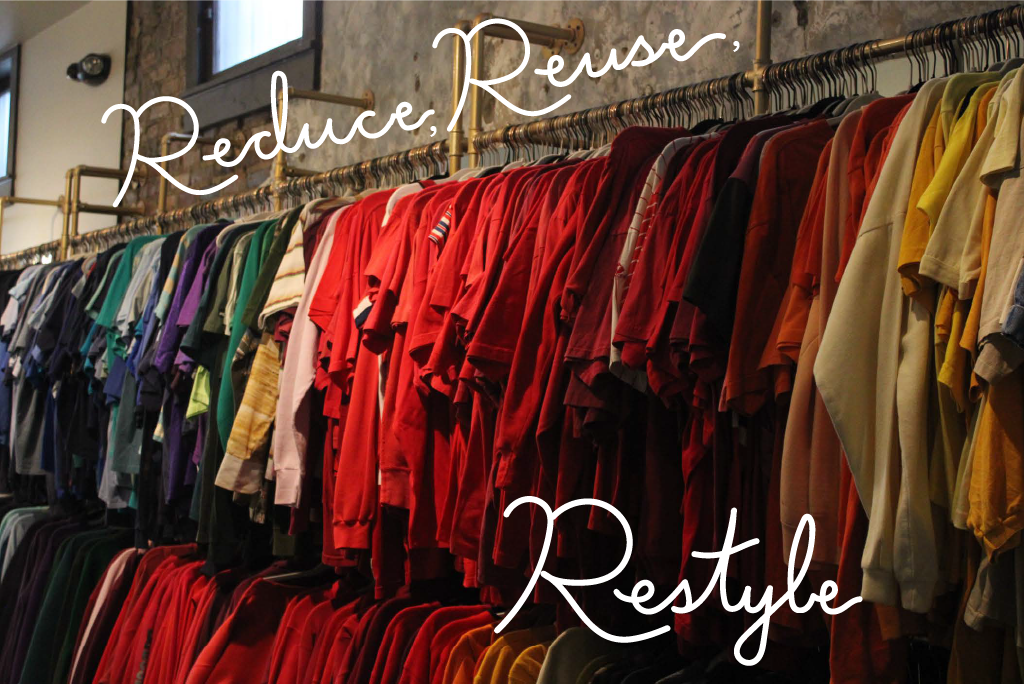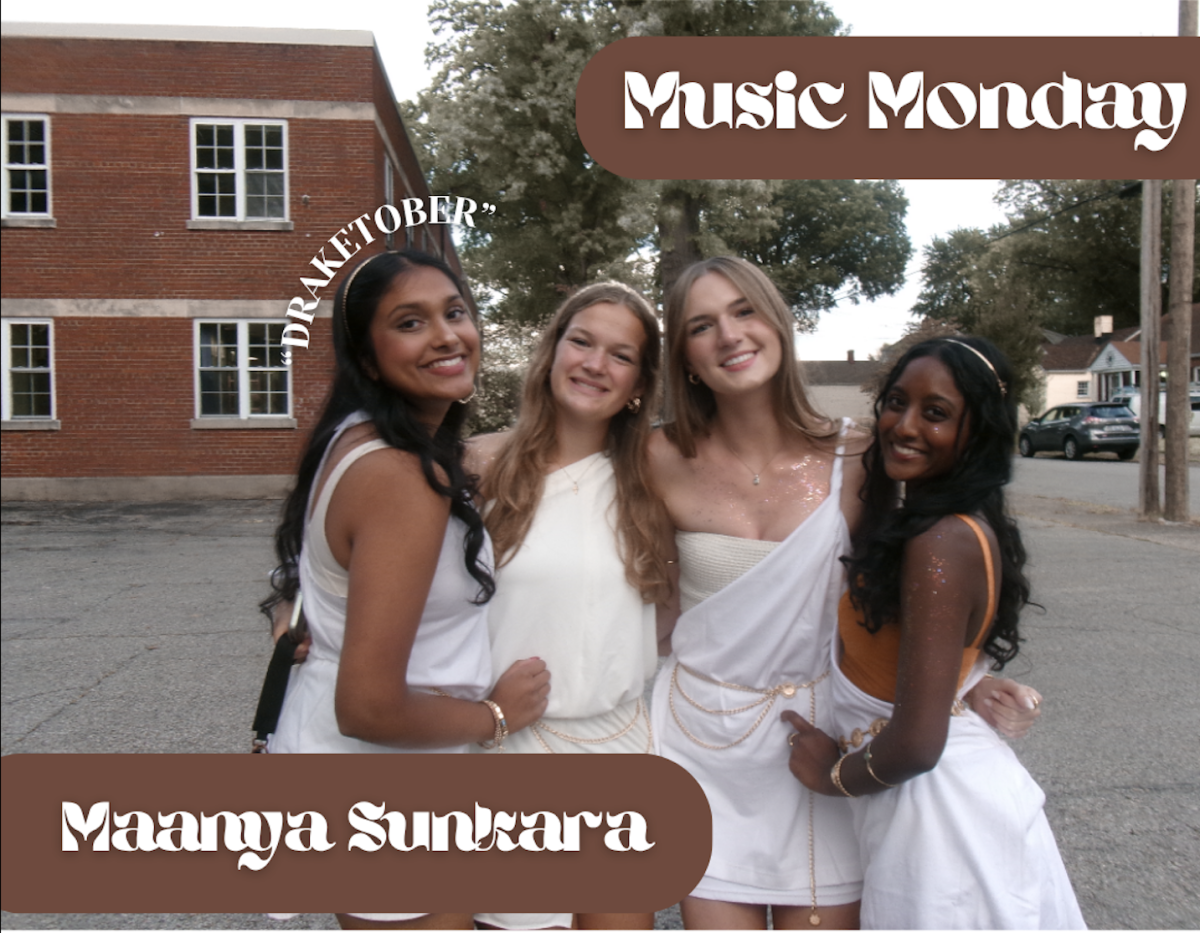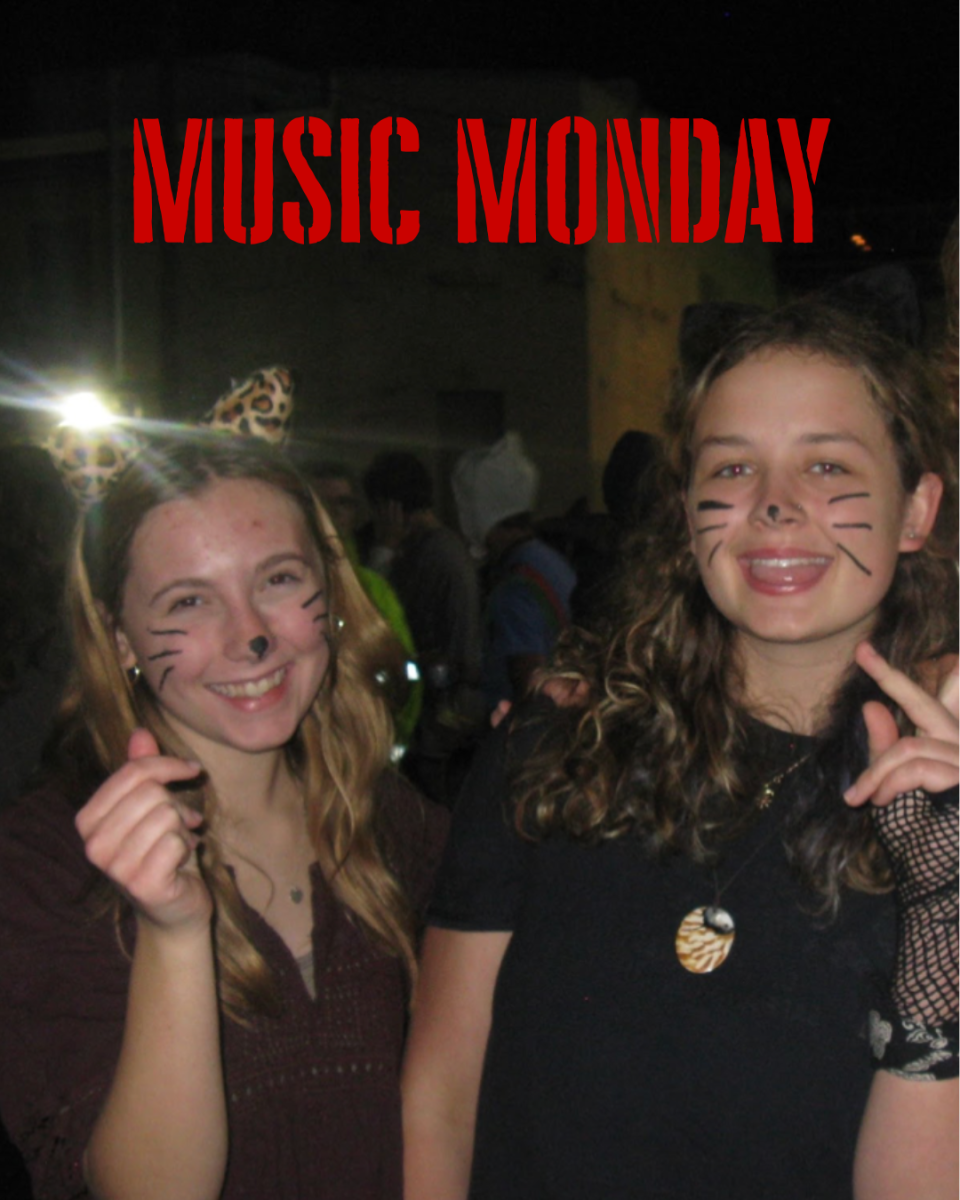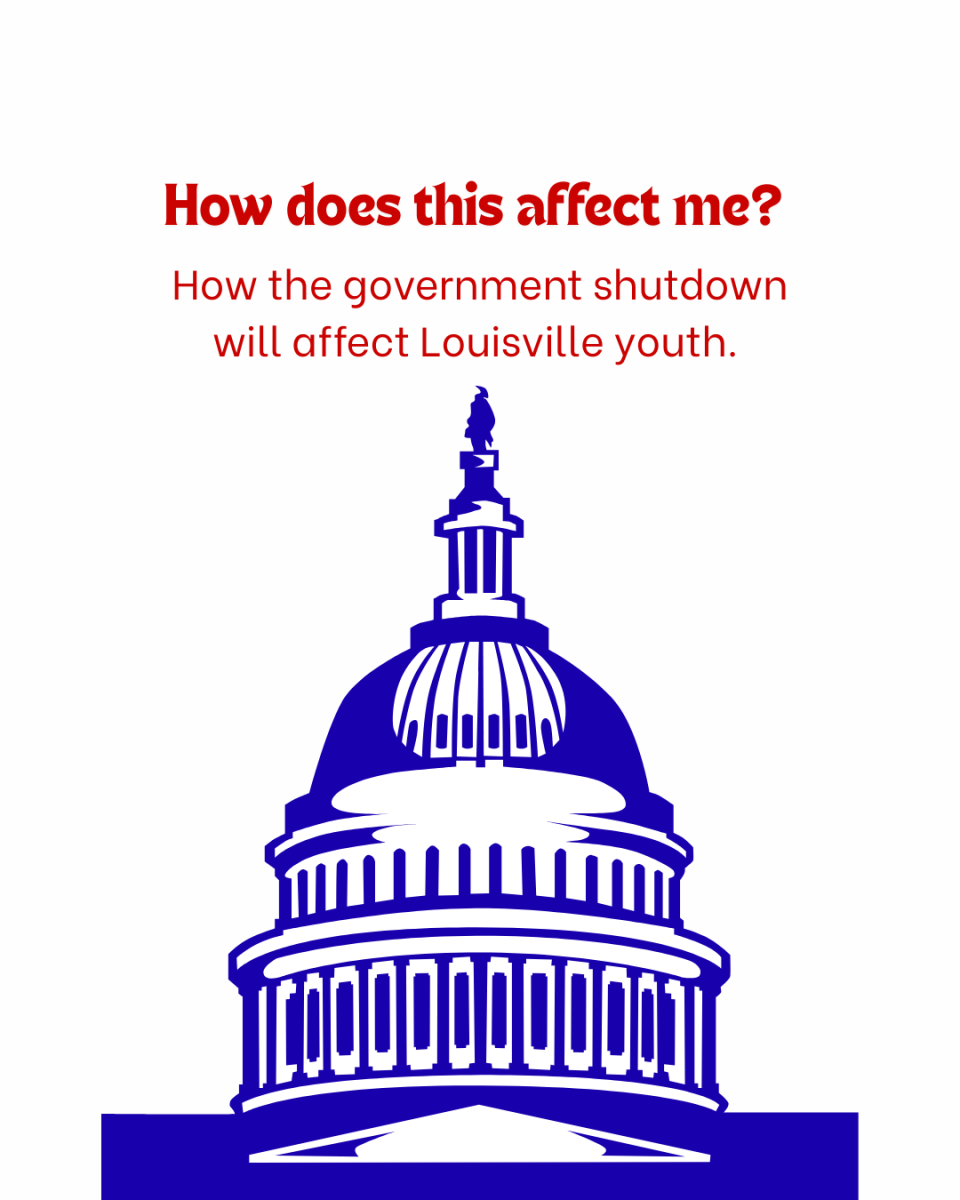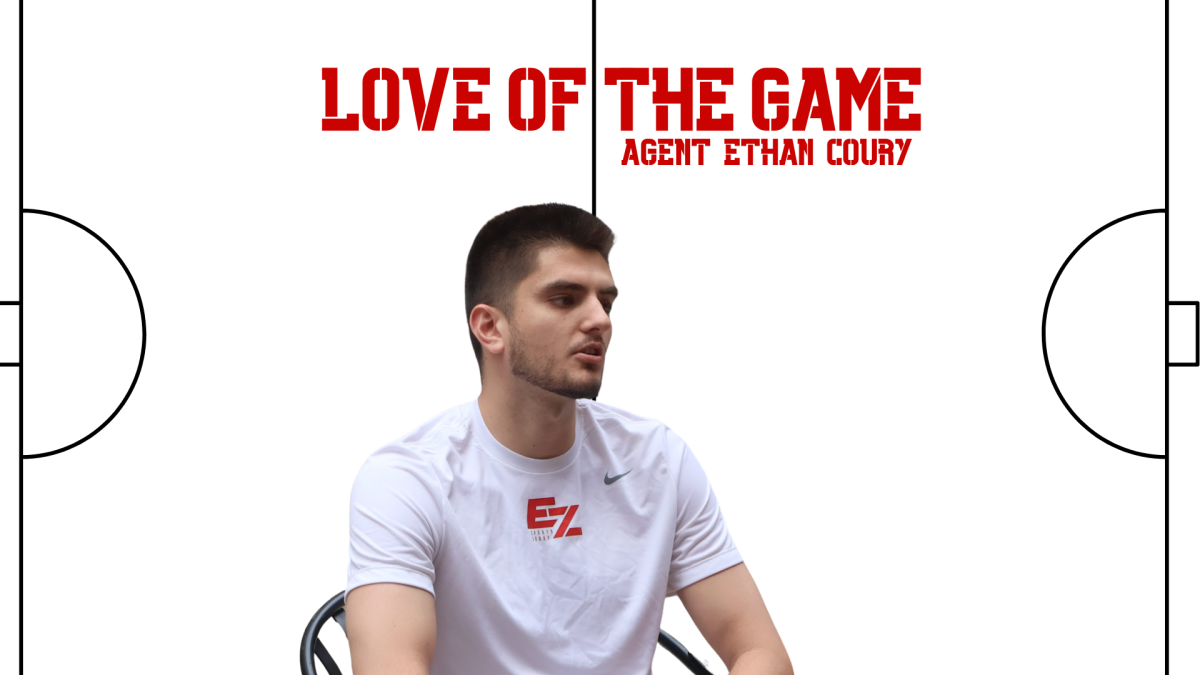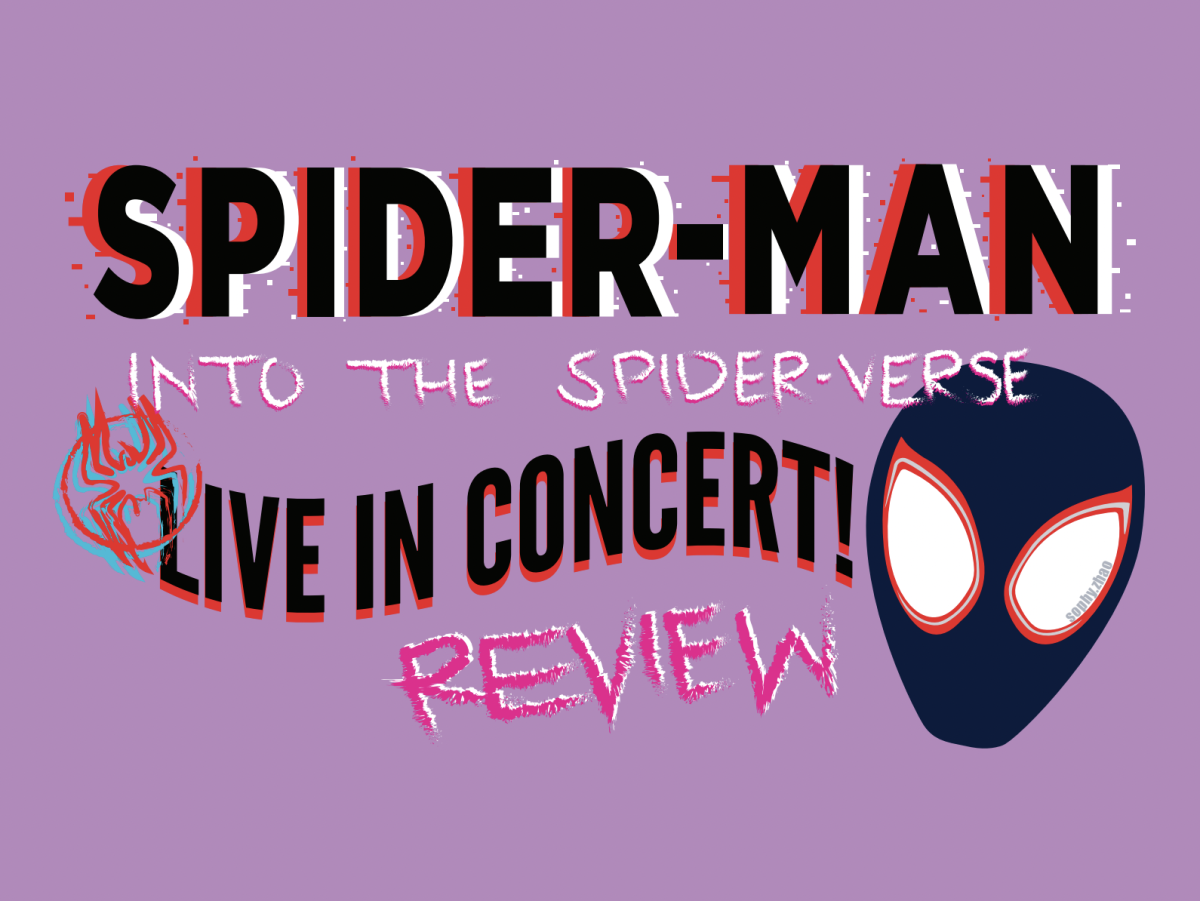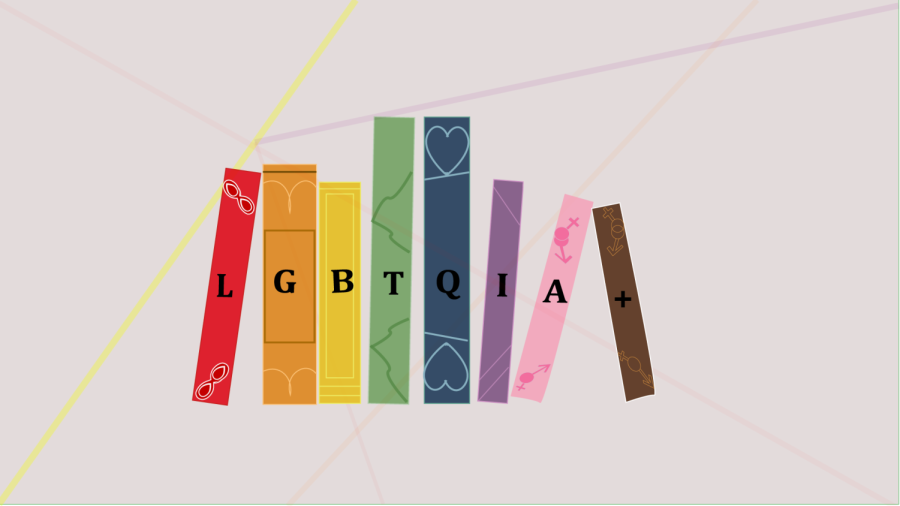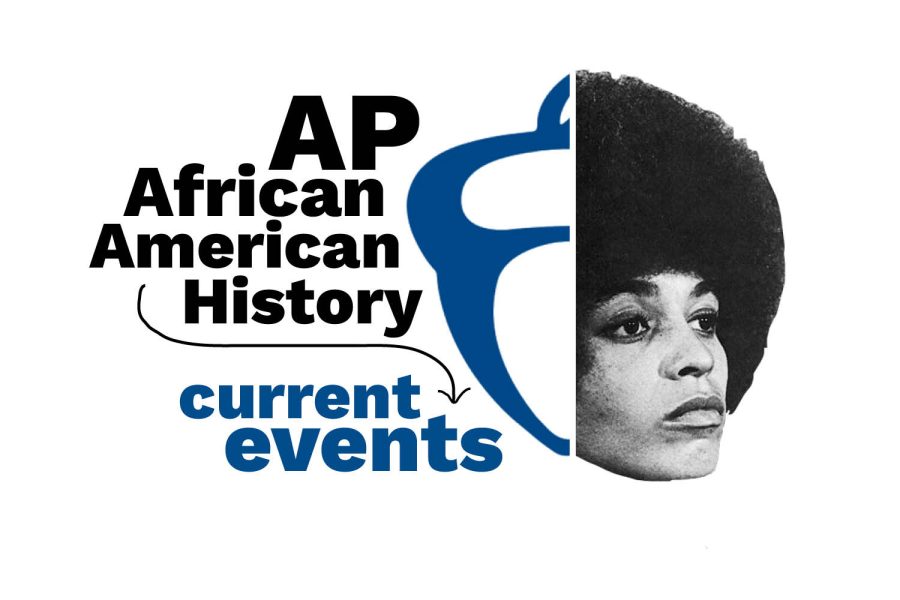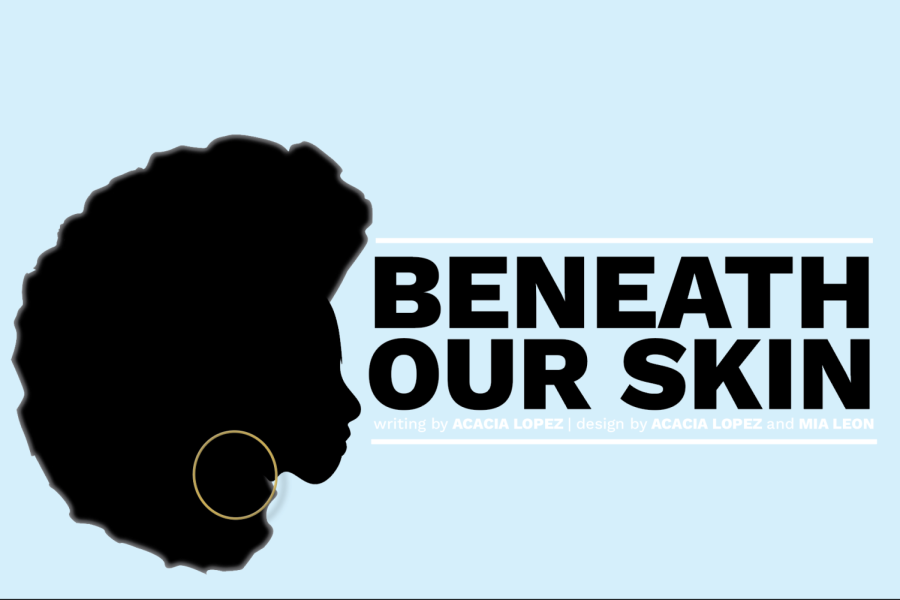As any architect or construction worker will tell you, it is the foundation of a building that grounds it, whether it be a suburban two-story, an amphitheater, or a skyscraper. Once you knock out the base, no matter how tall and insurmountable the building seems, it will come crumbling down.
When the numerous accusations of sexual harassment started coming out against Harvey Weinstein, certainly a cornerstone of modern Hollywood, it wasn’t long before many others fell in his wake. Sexual aggression is pervasive in showbiz, and hopefully many more culprits will be revealed. However, for all of us standing in the rubble, there is a question of whether or not, as well as how, we can still enjoy the numerous pieces of art that have been touched by these sexual predators.
I imagine that most people are fans of at least a few things that many of these artists have worked on, whether they be respected actors like Kevin Spacey of “House of Cards,” or beloved comedians like Louis C.K. I myself was a huge fan of Louis C.K., especially his modernist, semi-autobiographical series “Louie,” but I find that hard to say now with the revelation of his alleged misconduct.
Do I still find many of his jokes humorous? Does his show still resonate emotionationally with me? Yes and yes. Were his actions reprehensible? Inarguably. I doubt I will be able to return to any of his past work within the near future, and if he has any new projects I don’t think I could bring myself to watch them at all. There is no denying, then, that learning this sort of information about an artist reflexively casts a shadow onto all of their work.
This is, of course, no new phenomenon. As time passes and artists pass on, we tend to interpret their creations through new perspectives. One of the most influential figures in the genre of horror and speculative fiction is H. P. Lovecraft, a man of rampant racism, misogyny, antisemitism, and general bigotry; however, the widespread effects of his style of prose cannot be ignored. The filmmaker Roman Polanski, known for his mistreatment of female cast members and women overall, has made remarkable films like Rosemary’s Baby and Chinatown that people still laud as classics to this day. It would be a disservice to their respective art forms to deny their legacy, but it would also be a disservice to forget their faults and biases.
In the mid-twentieth century, many thinkers and artists raised similar questions about the work of an author. A school of French film criticism at the time wanted to reject the studio system that controlled most production, thus focusing on individual directors and their consistent motifs instead. While the original pretense behind it had the best of intentions, this sort of analysis ultimately seemed to be fetishizing the aspects of only one member of the production staff on any film. The post-structuralist theorist Roland Barthes mocked this thought with his essay “La Mort de l’auteur”— “Death of the Author” in English.
The basic concept of “Death of the Author” is that no work, whether literature, painting, architecture, or film really has a singular creator. In the case of architecture and film, it is required for it to be a collaborative project, and while one person may be the orchestrator, everyone will ultimately contribute some of their craft and ideas. No one is an island, and everyone is influenced by all the experiences they have had and media they have consumed, whether that be consciously or unconsciously. In this way, every work truly has a potentially infinite number of creators, and even the so-called “original” creation of an author is still a new iteration building on those that have come before it.
Of course, it is impossible to remove the author entirely from their work, and initially many artists might take this as an insult to their craft and sacrifice. If you have ever published any creative work, then you know the sort of person the audience might read out of it is quite different from the person you and your friends know. In truth, the reader has just as much to do with the themes and tones they read into a work as any author. The artist may contest or confirm any number of reader assumptions, but reader projection can never be 100 percent in line with the artist’s original intent.
But does all of this mean that we should ignore the creators of media and simply try to access it on its own merits? No, for just as no one may exist without context, no work can be evaluated in a vacuum. At one point in time, D. W. Griffith’s film Birth of a Nation was lauded by U.S. President Woodrow Wilson as a cultural touchstone and masterpiece of cinema. Today, we understand that Birth of a Nation was a work of racist propaganda pushing white supremacy, dehumanizing people of color, and valorizing the Ku Klux Klan. It is simply a fact of life that the powerful structures present in our society will always find their way into art and culture, even if we cannot pinpoint them immediately.
One of the artists accused of sexual harassment is the Indian-American comedian Aziz Ansari, who has himself talked in the past about consent and respecting female sexuality. A persona he has consistently used in various pieces of media is a timid, but likeable, dork that puts on a front of machismo and womanizing in order to make up for his low self-esteem. With the allegations now coming out against Ansari, there is some question of what underlying misogynistic assumptions may still be present. Much of media is meant to be escapism, a method of living out our desires and impulses through others in order to achieve some emotional fulfillment, but as members of an active audience we cannot forget the world that we all inhabit. There are huge gulfs between the treatment and assumptions our society has towards white, upper-class men and women, people of color, LGBT+ people, and the underclass.
When we read, watch, or listen to something created by someone who is part of a minority group, it is quite likely that we will factor that status into the interpretation of the work. This isn’t necessarily a bad thing. For example, as someone who is part of the LGBT+ community, I will often include queer characters and themes in my work. However, if we expect such readings for those lacking in power, then we should expect the same for those possessing an excess. Therefore, preparing ourselves might not remove the sting when someone we respect has been exposed, but at the very least it will lessen the impact.
It can be a long and difficult process to come to terms when someone commits a crime, even more so when society at large cannot seem to do so. Too often, cases of sexual assault are either improperly prosecuted or not prosecuted at all. An issue thus arises: what do we do when predators are still working, when they still have their creative output and major source of income? It’s one thing to discuss how we consume media once the creators have long ceased production, and it’s another thing when they’re still at large. Sadly, these issues tend to not work themselves out, so it becomes an ethical dilemma for any fan.
Now, there are many fair critiques of conspicuous consumption, but it might be useful in this case. There is no need to forever remove yourself from the things that you love, but it may be advantageous to abstain from them temporarily. If a significant chunk of people were to do so, then at the very least this would provide a message that a creator’s actions will not just be ignored. Critics may respond that, even if you could amass a noticeable number of people to boycott a product, you have no control over how a studio will respond to this. This is a valid concern, and simply skipping over a film for a few months will not make systematic change in the industry. The best thing you can do is encourage victims of sexual abuse to be open about their experiences and advocate alongside them when they stand up to a goliath like Hollywood.
While allegations continue to arise against artists, what we all have to remember first and foremost is that a person’s sexual agency is much more important than a man’s career or our own enjoyment of something. Attacking victims because you feel that their speaking out will become a “witch hunt” does more harm than good, and ultimately just disenfranchises these people to an even greater degree. We owe it to ourselves and the world to be active readers with regards to all media, and to be even more skeptical when those with power choose to address those lacking in it. Anything that we can do to try and change the system is worthwhile, and how we read culture does change that culture. Much like many other structures in this world, the Hollywood system is corrupt and biased towards a very specific sort of people, and we can now see the many consequences of simply ignoring that. «



